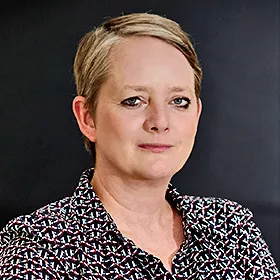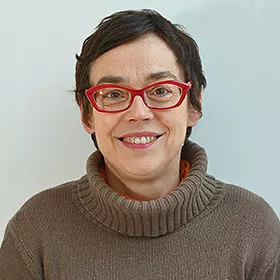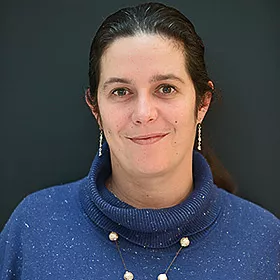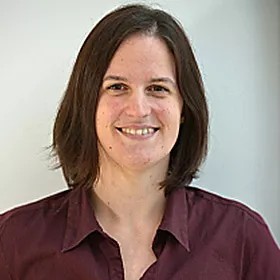Identifying the molecular pathways involved in eye diseases, from gene to therapy
We study large patient cohorts to identify gene defects underlying different forms of inherited retinal diseases and develop gene-based innovative therapies
Presentation
Inherited retinal diseases (IRDs), a major cause of visual impairment or blindness in adults, affect approximately 1 in 2000 individuals worldwide, and currently, there are no effective treatments available. Some IRDs are stationary, such as in congenital stationary night blindness (CSNB), while progressive forms such as retinitis pigmentosa (RP) can lead to severe visual impairment. The heterogeneity of IRDs is reflected by the number of underlying gene defects. More than 180 genes have been implicated in different forms of IRDs accounting for about 70% of the cases. This suggests that a large proportion of patients do not have mutations in the coding regions and known splice site regions of known genes, and a significant number of genes remain to be discovered.
We focus our studies on two areas: deciphering underlying genetic defects of IRDs and developing gene-based innovative therapies. To enhance the identification of genetic defects, we use new technologies such as next generation sequencing (NGS). Our group has established a comprehensive panel of targeted NGS to analyze coding sequences of genes involved in IRDs, identify causative gene defects, and perform whole exome or whole genome sequencing on cases with no mutation on known genes. Our research involves a large cohort of clinically phenotyped patients with various IRDs to further delineate phenotype/ genotype correlations. We use in vitro and in vivo approaches to characterize the function of novel genes and better understand the genetic mechanisms involved in the development of IRDs, including disease modeling using iPSCs. Our project also aims at developing gene-based innovative therapies for CSNB.
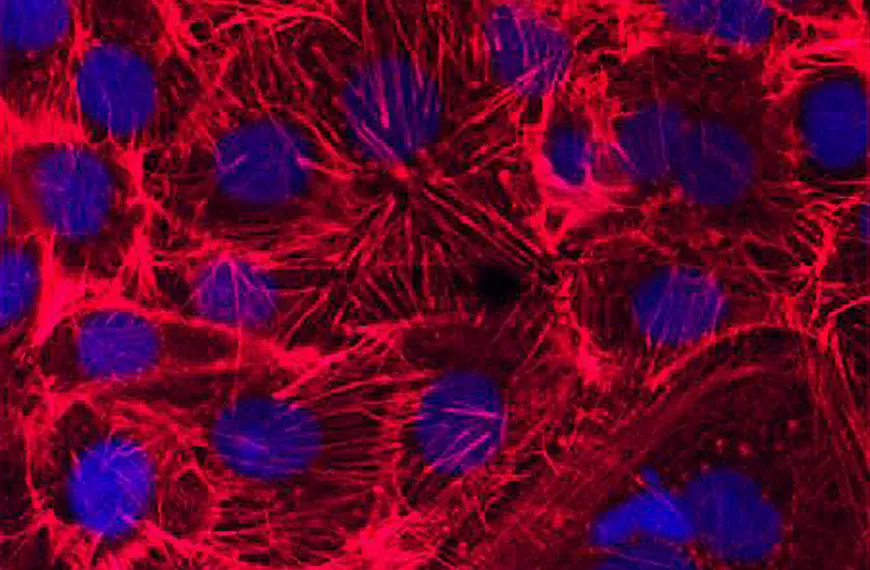
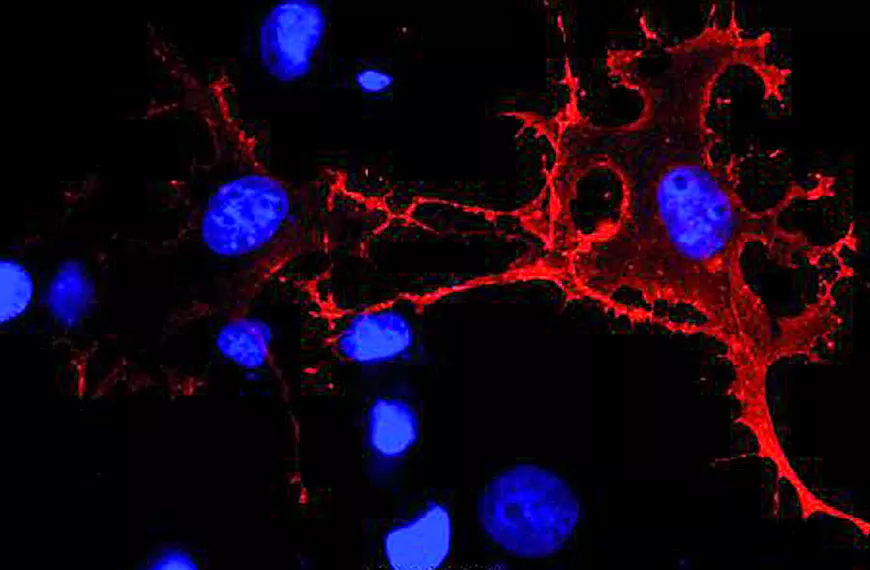
Research areas
- Gene defect identification in inherited retinal diseases applying Sanger, targeted and whole exome Next Generation Sequencing;
- Functional studies for a better understanding of retinal pathophysiology;
- Disease modelling using IPSCs
- Gene replacement therapy targeting bipolar cells for CSNB;
Team members
Scientific publications
Below you will find the latest scientific publications in this field: Identifying the molecular pathways involved in eye diseases, from gene to therapy.


